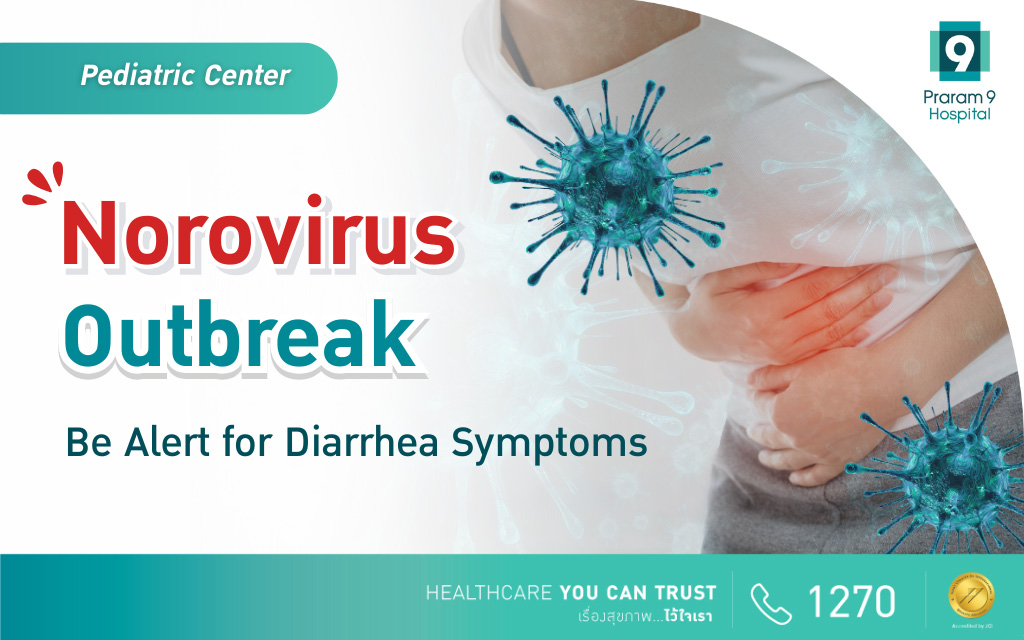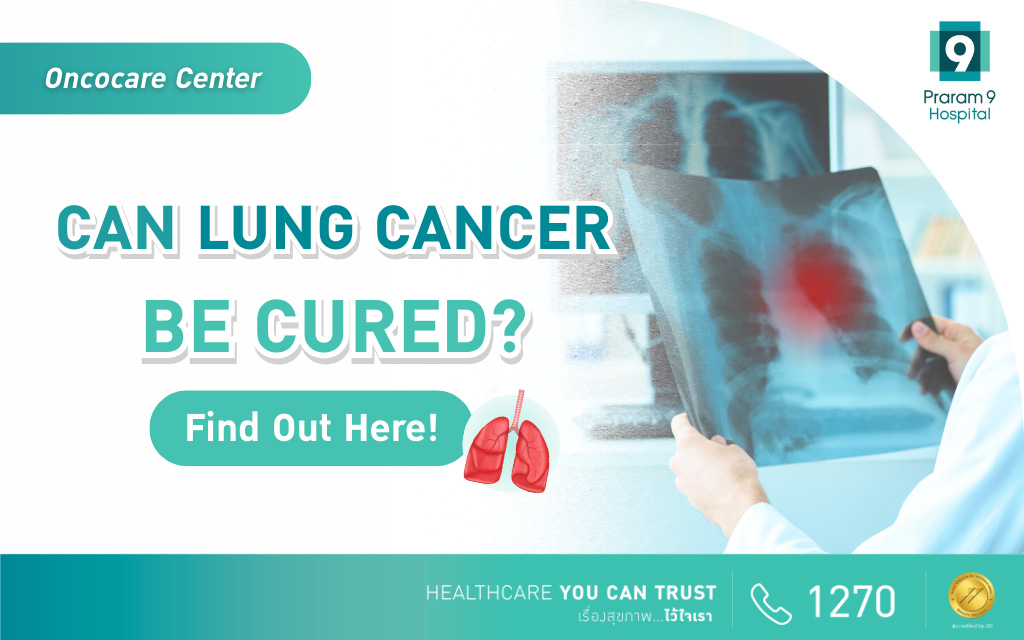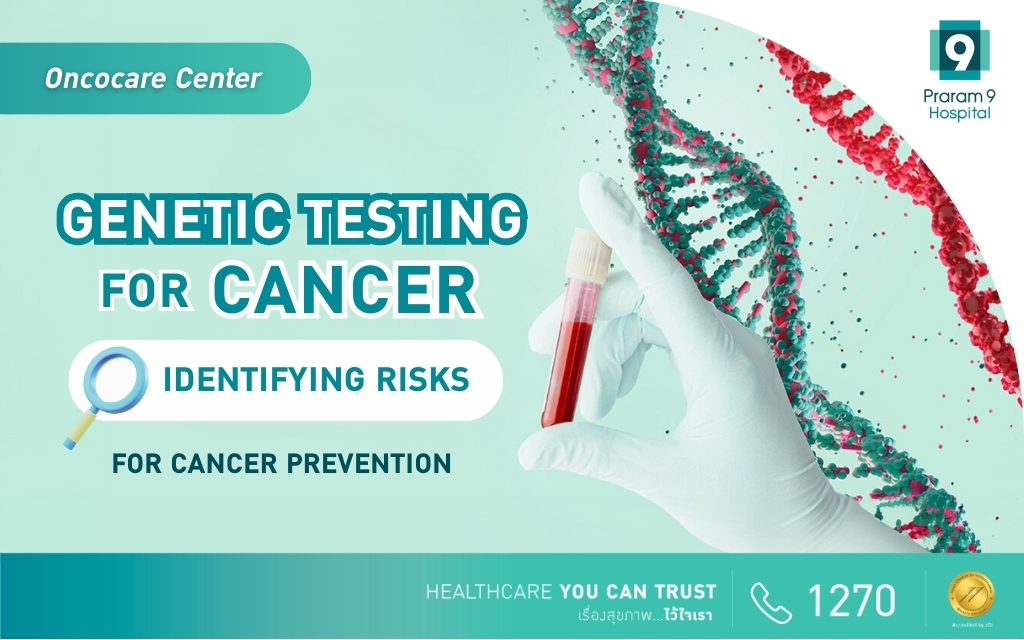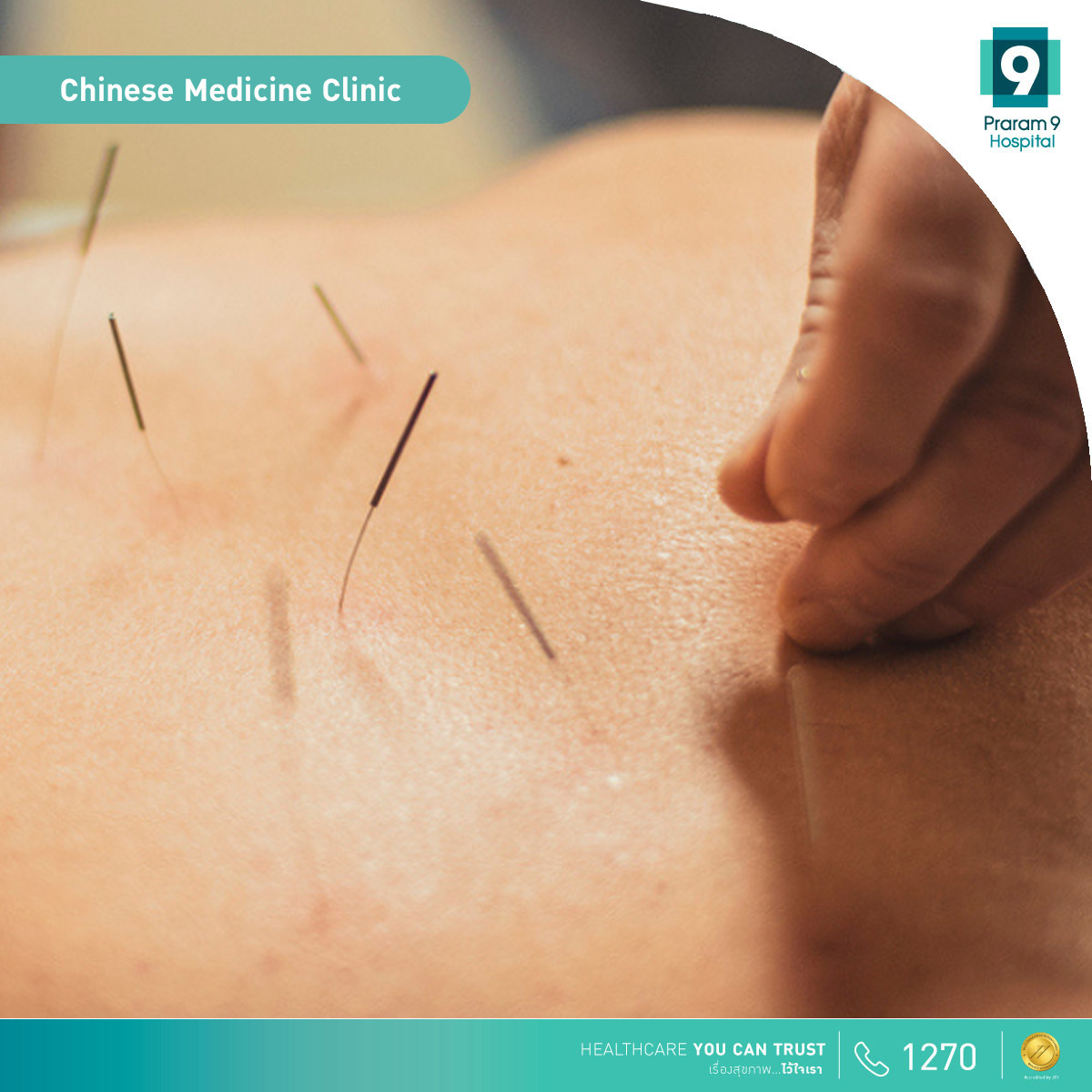Colorectal cancer
Colorectal cancer, also known as bowel cancer, colon cancer, or rectal cancer, is any cancer that affects the colon and the rectum. Colorectal cancer maybe benign, or non-cancerous, or malignant. A malignant cancer can spread to other parts of the body and damage them.
Symptoms of colorectal cancer include:
- Adjustment to bowel habits
- Diarrhea or constipation
- A sensation that the bowel does not empty properly after a bowel movement.
- Blood in feces
- Bright red blood release from the rectum
- Pain and bloating in the abdomen area
- A sensation of fullness in the abdomen despite not eating for a while.
- Fatigue or tiredness
- Unexplained weight loss
- A lump in the abdomen or the back passage felt by your doctor
- Unexplained iron deficiency in men, or in women after menopause.
Risk factors
Possible risk factors include:
- Old age
- High animal protein, saturated fats and calories diet
- Low fiber diet
- High alcohol consumption
- History of having breast, ovary or uterine cancer
- Family history of colorectal cancer
- History of having ulcerative colitis, Crohn’s disease, or irritable bowel disease (IBD)
- Overweight and obesity
- Smoking
- Lack of exercise
- The presence of polyps in the colon or rectum, as these may eventually become cancerous.
Most types of colon cancers start developing within polyps (adenoma). These are often found inside the bowel wall. Consumption of red or processed meats may increase the risk. Individual who have a tumor suppressor gene known as Sprouty2 may have a higher risk of some colorectal cancers.
According to World Health Organization, colorectal cancer is the second most common tumor among both men and women behind that of lung tumors. Colorectal cancer tends to occur in both men and women equally. Although, men tend to develop it at a younger age.
With advances in early detection and treatment, colorectal cancer is one of the most curable forms of the disease. By using different types of screening tests, it is possible to prevent, monitor, detect, and treat the disease early before symptoms appear.
More Informations: Cancer Center






